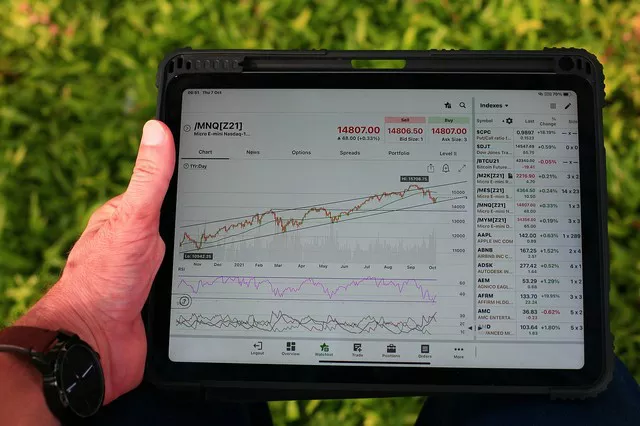Trading futures can be an exciting and potentially lucrative endeavor, offering investors the opportunity to speculate on price movements in various asset classes, including commodities, currencies, and financial instruments. However, before diving into the world of futures trading, it is essential to understand the licensing requirements and regulatory framework governing this activity. In this article, we will explore the licenses and qualifications necessary to trade futures, including regulatory oversight, professional designations, and educational requirements.
Regulatory Oversight
Futures trading is regulated by government authorities and regulatory agencies to ensure fair and orderly markets, protect investors, and maintain market integrity. In the United States, futures trading is overseen by the Commodity Futures Trading Commission (CFTC), an independent federal agency responsible for regulating the futures and options markets. The CFTC enforces rules and regulations designed to promote transparency, prevent fraud and manipulation, and safeguard market participants’ interests.
Registered Futures Commission Merchant (FCM)
Individuals or firms that wish to engage in futures trading must typically register with the CFTC as a Futures Commission Merchant (FCM) or as an Introducing Broker (IB) affiliated with an FCM. FCMs are entities that solicit or accept orders to buy or sell futures contracts on behalf of customers and are responsible for executing trades, maintaining customer accounts, and ensuring compliance with regulatory requirements. To become a registered FCM, firms must meet certain capitalization, operational, and compliance standards established by the CFTC.
Series 3 License
One of the primary licenses required for individuals to trade futures in the United States is the Series 3 license, also known as the National Commodities Futures Examination. The Series 3 exam is administered by the Financial Industry Regulatory Authority (FINRA) and covers topics such as futures trading, regulations, market analysis, and risk management. Passing the Series 3 exam is a prerequisite for individuals seeking to become registered Associated Persons (APs) of a Futures Commission Merchant (FCM) or Introducing Broker (IB).
Commodity Trading Advisor (CTA)
Another professional designation relevant to futures trading is the Commodity Trading Advisor (CTA). CTAs are individuals or firms that provide advice or manage client accounts involving futures trading, commodity options, or swaps. To become a registered CTA, individuals must meet certain qualifications and regulatory requirements, including passing the Series 3 exam, completing additional training or education, and registering with the CFTC and the National Futures Association (NFA).
Educational Requirements
In addition to obtaining the necessary licenses and professional designations, individuals interested in futures trading should also invest in education and training to develop the knowledge and skills needed to succeed in the futures markets. Many reputable educational institutions, online training providers, and industry associations offer courses, seminars, and certification programs covering various aspects of futures trading, including market analysis, technical analysis, risk management, and trading strategies.
Risk Disclosure Documents
Before engaging in futures trading, investors should carefully review and understand the risks associated with trading futures contracts. Futures trading involves substantial risk of loss and is not suitable for all investors. Investors should be aware of factors such as leverage, margin requirements, market volatility, and the potential for rapid price movements that can result in significant losses. Regulatory authorities require futures brokers and firms to provide clients with risk disclosure documents outlining the risks of futures trading and to obtain written acknowledgment of receipt from clients.
Ongoing Compliance and Continuing Education
Once licensed and registered to trade futures, individuals and firms must adhere to ongoing compliance requirements and stay informed about changes in regulatory standards and industry best practices. Regulatory authorities such as the CFTC and the National Futures Association (NFA) conduct regular examinations and audits of futures brokers and firms to ensure compliance with regulatory requirements, financial reporting standards, and customer protection measures. Additionally, individuals and firms may be required to complete continuing education courses or certifications to maintain their licenses and stay current with industry developments.
Conclusion
In conclusion, trading futures requires individuals and firms to obtain the necessary licenses, registrations, and qualifications, comply with regulatory requirements, and adhere to industry best practices. Regulatory oversight by agencies such as the CFTC and the NFA helps ensure the integrity, transparency, and stability of futures markets and protects investors from fraud, manipulation, and abuse. By obtaining the appropriate licenses, completing the necessary training and education, and staying informed about regulatory developments, futures traders can navigate the complex world of futures trading with confidence and professionalism.


